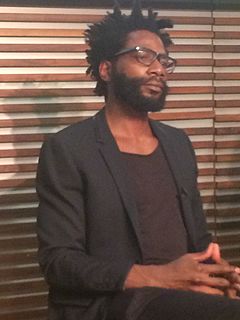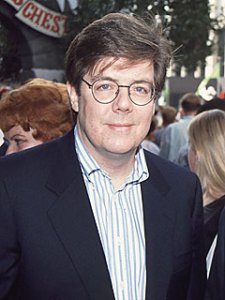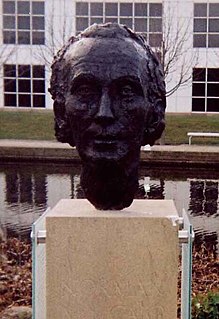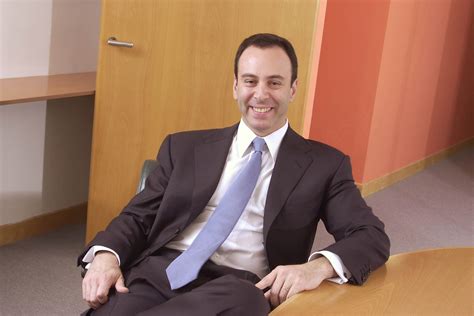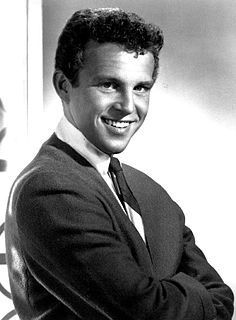A Quote by Michael Salu
I was keen to challenge this vernacular as the role of the photojournalist was changing, and images were becoming urgent and more succinctly linguistic. This is why I moved to publishing artists who were challenging the veracity of both the medium and the profession through their works.
Related Quotes
It's always intrigued me that amidst the group called slaves there were individuals who were extremely able, who were extremely colorful, who were powerful personalities, who by no means fit the usual images of slaves. They were people who, through their personalities and abilities, were very respected in the community where they lived by both black and white.
When Superman was originally created, by Siegel and Shuster, they were two Jewish immigrants that were desperately trying to assimilate into America. They were having a hard time because they were Jewish. They wanted to get in to mainstream publishing but they couldn't. That's why they, and a lot of Jewish guys, went into comic books.
I've been collecting photographs since I don't know when, for a long time, for different reasons. You can find them on eBay and when we were browsing through the shops there were images that attracted me. These are all historical images because these days they're all digital. They don't exist anymore.
I am myself a professional creator of images, a film-maker. And then there are the images made by the artists I collect, and I have noticed that the images I create are not so very different from theirs. Such images seem to suggest how I feel about being here, on this planet. And maybe that is why it is so exciting to live with images created by other people, images that either conflict with one's own or demonstrate similarities to them.
The Huygens images were everything our images from orbit were not. Instead of hazy, sinuous features that we could only guess were streams and drainage channels, here was incontrovertible evidence that at some point in Titan's history - and perhaps even now - there were flowing liquid hydrocarbons on the surface.
We are finally living in Plato's cave, if we consider how those who were imprisoned within the cave - who could do nothing but watch those shadows passing on the back wall - were convinced that those shadows were their one and only reality. I see a profound similarity to all this in the epoch we're now living in. We no longer live simply through images: we live through images that don't even exist, which are the result not of physical projection but of pure virtuality.
